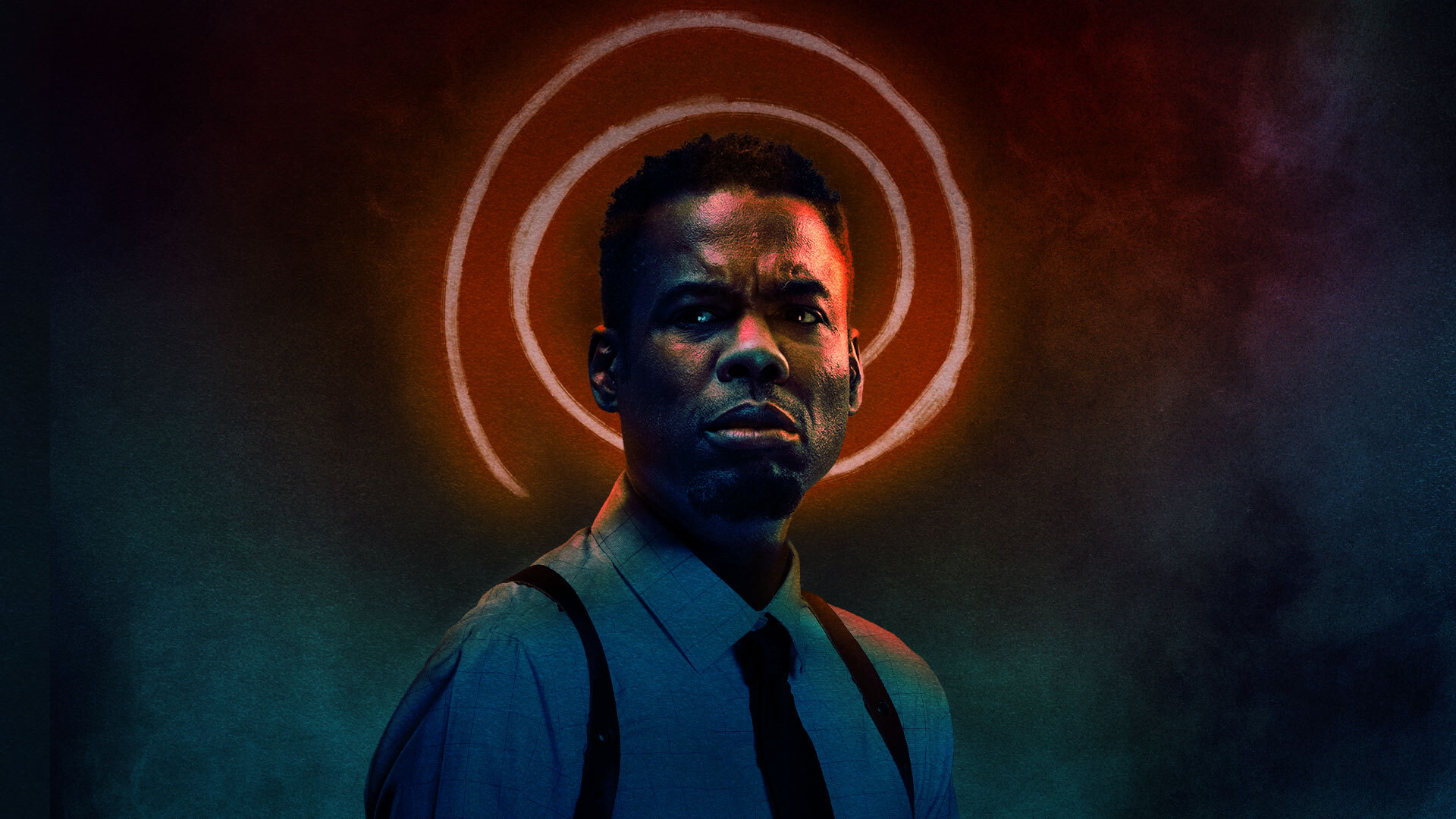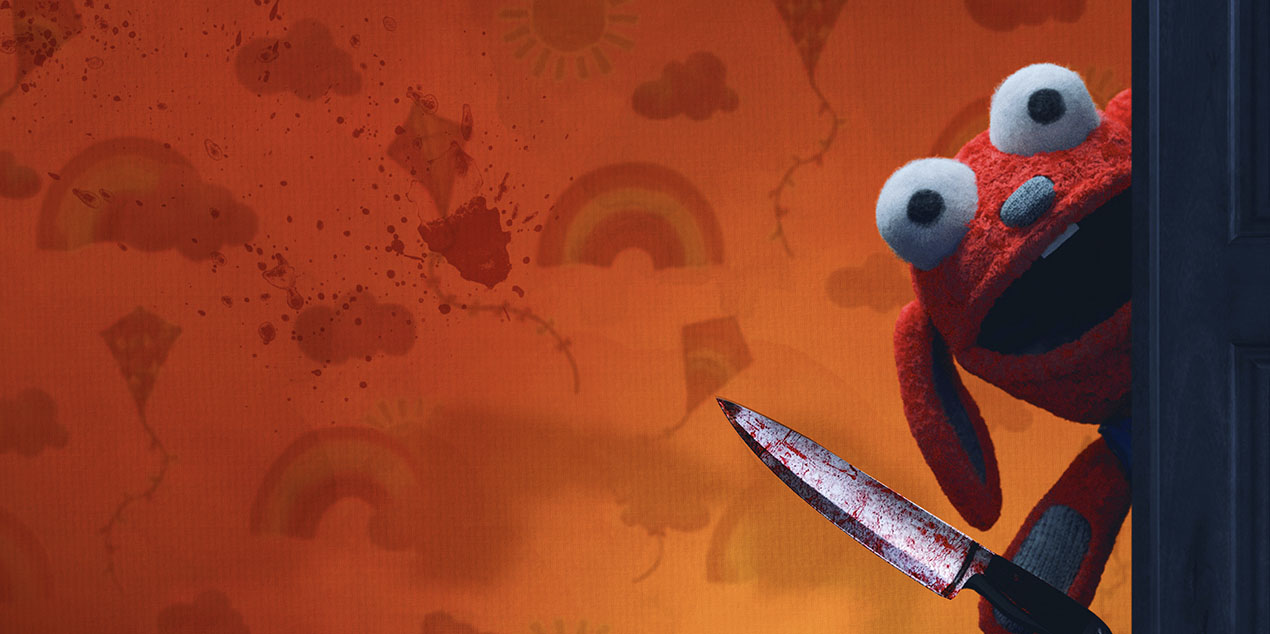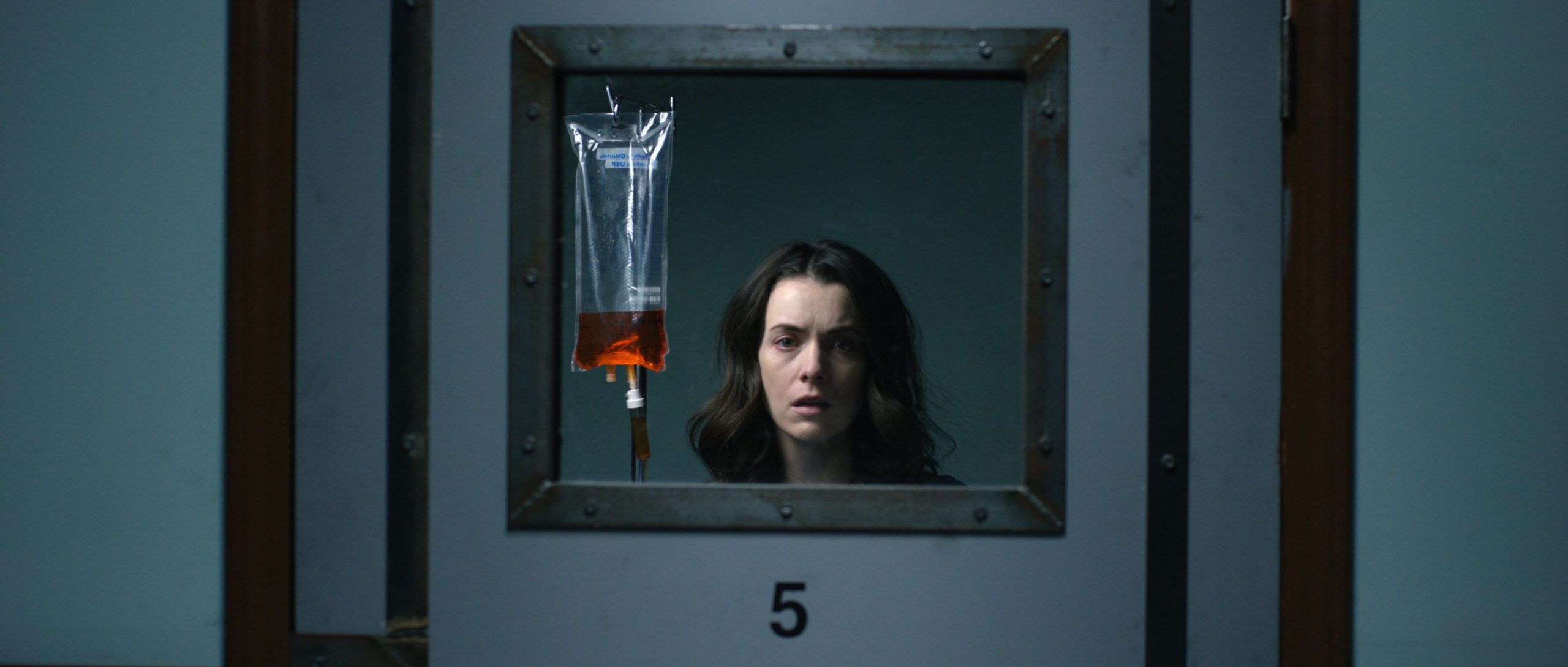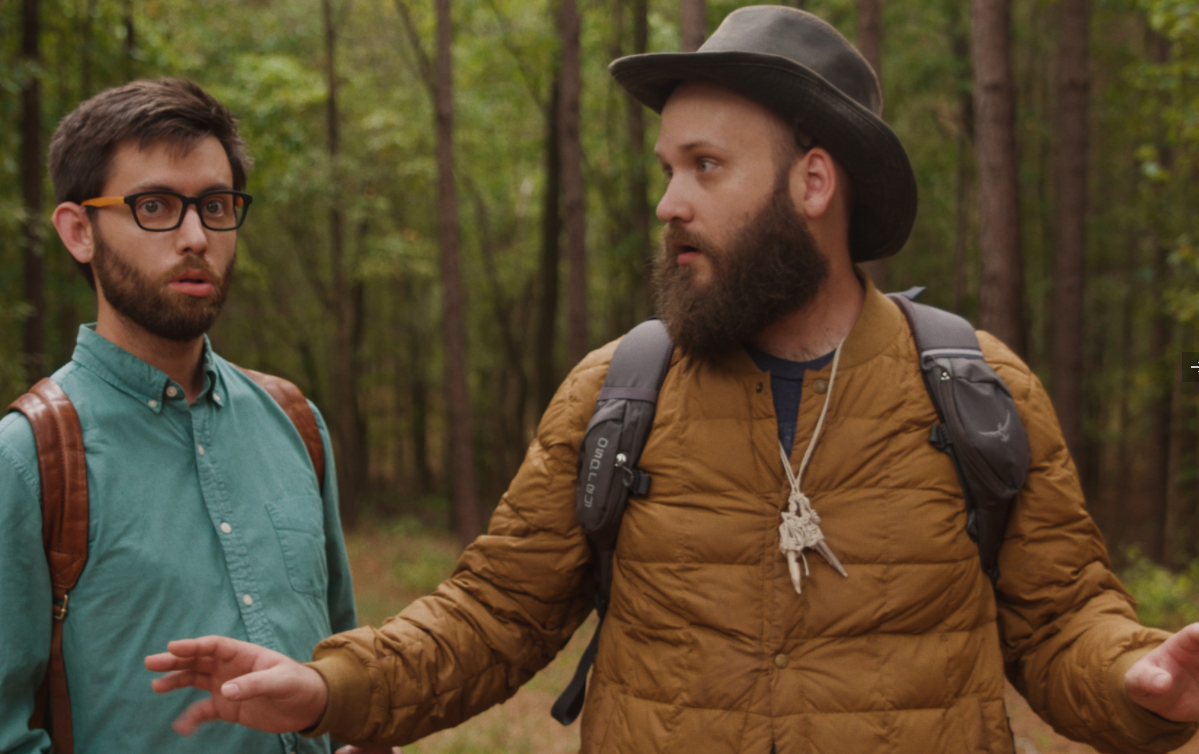The Woman in the Window
by George Wolf
The Woman in the Window is a testament to the power of “all in.”
Like if you’re spying on your neighbors, get a zoom lens, take pictures! And if you’re modernizing Hitchcock, embrace that shit from the opening minutes and don’t f-ing look back.
For director Joe Wright and screenwriter Tracy Letts, that’s the play as they adapt A.J. Finn’s bestselling novel. And it’s a smart one.
Psychologist Anna Fox (Amy Adams, fantastic) has a shrink of her own these days (Letts), and plenty of prescriptions. Suffering from crippling agoraphobia, Anna will not leave her spacious Manhattan townhouse. She’s got her cat Punch and her downstairs tenant David (Wyatt Russell), but outside of occasional conversations with her ex-husband (Anthony Mackie), Anna spends most of her time watching her neighbors and old movies.
Then the Russells move in across the street.
Jane (Julianne Moore) comes over for an enjoyable visit, has some wine and admits that Alistair (Gary Oldman) can be angry and controlling. A later conversation with the teenaged Ethan Russell (Fred Hechinger) seconds that.
So when Anna sees Jane stabbed in her apartment, she’s sure Alistair is to blame. But with detectives (Brian Tyree Henry, Jeanine Serralles) looking on, a different Jane Russell (Jennifer Jason Leigh) appears, swearing that she’s never even met Anna before tonight.
For the entire first hour, Wright (Atonement, Darkest Hour, Hanna), Letts (Pulitzer winner for writing August: Osage County) and this splendid ensemble put the hammer down on a delicious mystery ride. Putting stairwells, doors, railings and more in forced perspective, Wright intensifies our relation to Ann’s small world while Letts’s crackling script draws us into the mystery and Danny Elfman’s staccato score hammers it home.
Is any of Anna’s story even real, or is it her meds and fragile psyche talking? This question allows the direct homages to classics like Rear Window and Vertigo to be filtered through a movie-loving unreliable narrator, becoming a wonderfully organic device that feeds this intoxicating noir pot-boiler.
As events escalate and Anna’s plight becomes more overtly terrifying, the novel’s pulpy seams begin to show, and the film stumbles a bit in transition. But Adams is strong enough to keep us rooted firmly in Anna’s camp, long enough for the darker side of Hitchcock to wrestle control.
Taking a story like this from page to screen successfully requires a strong, confident vision and a committed, talented cast. The Woman in the Window is overflowing with riches on both counts, landing as immensely satisfying fun.













